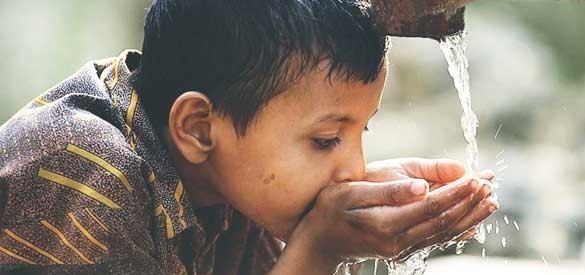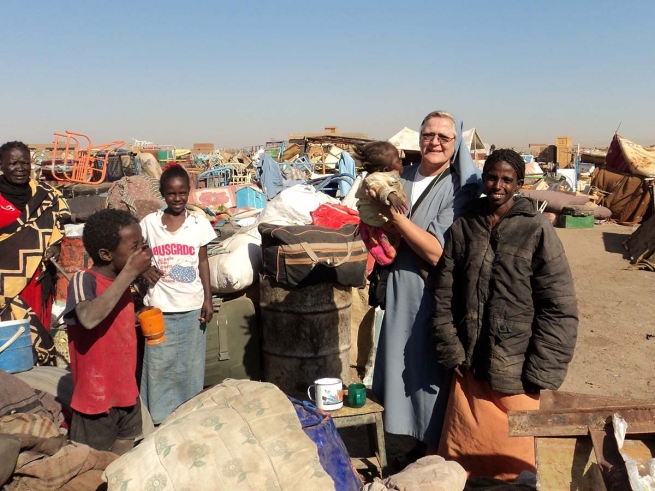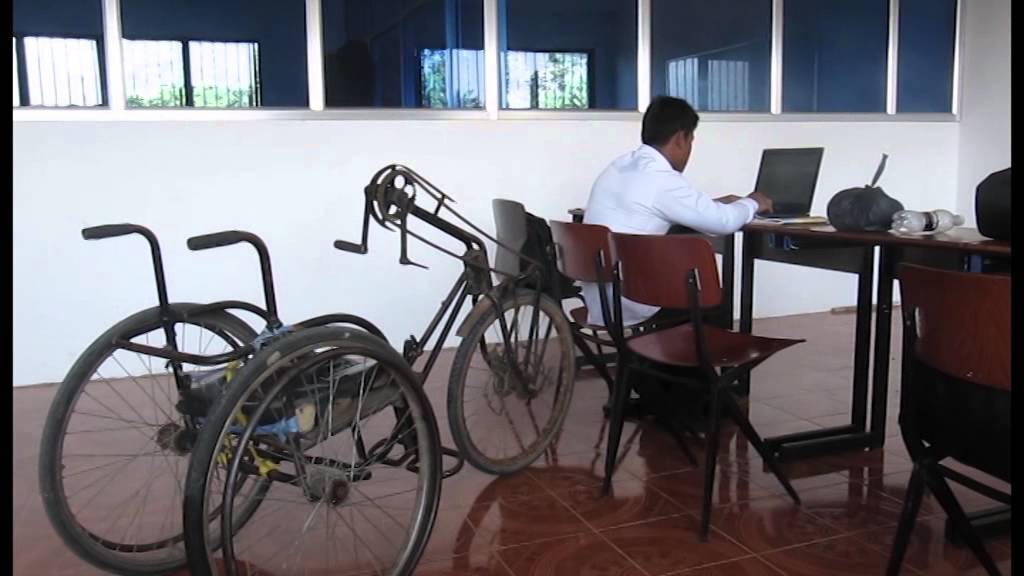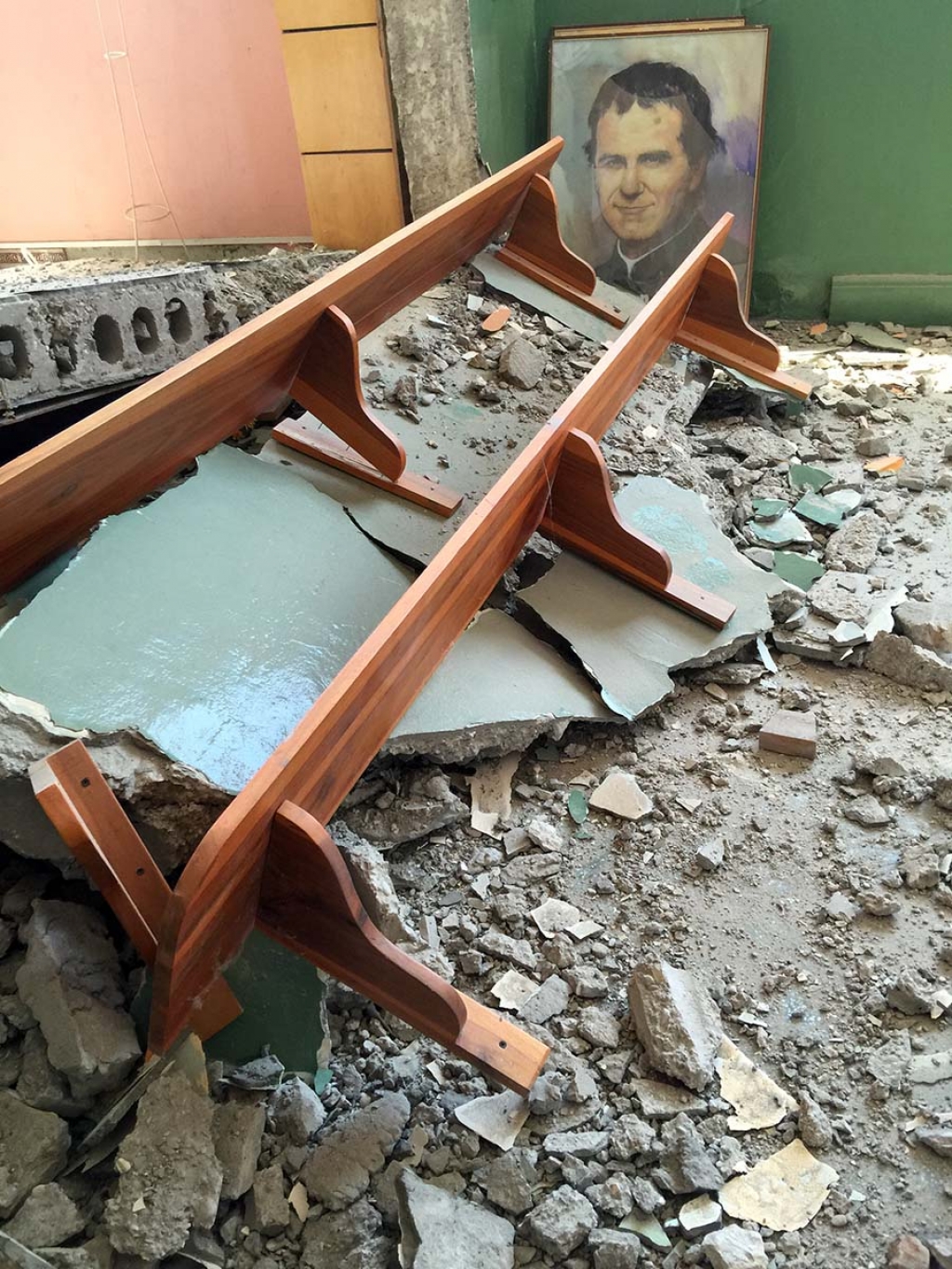UNICEF: New Commitments in Water and Sanitation Will Transform Children’s Lives

(UNICEF) UN Secretary-General Ban Ki-moon, UNICEF Executive Director Anthony Lake, and World Bank President Jim Yong Kim today joined over 50 countries in setting concrete targets to reach the 2.5 billion people across the globe still without adequate sanitation, and the almost 750 million without safe drinking water.
Children in particular will benefit from the new commitments, according to UNICEF. The organization says diarrhoeal diseases linked to water and sanitation kill 1,400 children every day, and contribute to stunting in over 160 million children globally.
“The poorest children have the least access to safe water and adequate sanitation and they pay the highest price – so they have the most to gain from these new commitments, as do their communities,” Lake said. “The commitments made here today will help meet the right of millions of children to safe water and sanitation. This can literally transform their lives and their communities.”
Major commitments at the High Level Meeting include over 260 concrete actions by over 50 countries to strengthen institutions, improve planning, and increase domestic spending and donor investment in water and sanitation. Seventeen countries committed to end open defecation by 2030 or earlier, while over 20 countries went even farther and pledged to achieve universal access to water and sanitation within the same period.
Latest data from UNICEF and the World Health Organization released at the High Level Meeting show that rapid progress is possible. In sub-Saharan Africa, more than 30,000 people per day gained access to an improved water source between 2000 and 2012. Ethiopia cut in half the proportion of people practicing open defecation over the same time period and managed to do it across all income levels and provinces.
In general, however, global progress has been uneven, and those already at the bottom are falling even farther behind.
“We cannot address water and sanitation without addressing inequities, such as disadvantaged girls who can’t go to school because the bathrooms aren’t safe or because they must collect water for their families during school hours when they should be building their futures,” Lake said. “When the global community set the goal of providing water and sanitation for all, that included these girls and every child, everywhere.”
# # #
About SWA
Sanitation and Water for All is a global partnership aimed at achieving universal and sustainable access to sanitation and drinking-water for all, by firmly placing sanitation and water on the global agenda with an immediate focus on achieving the MDGs in the most off-track countries. More information is available at www.sanitationandwaterforall.org
PHOTO: © UNICEF




